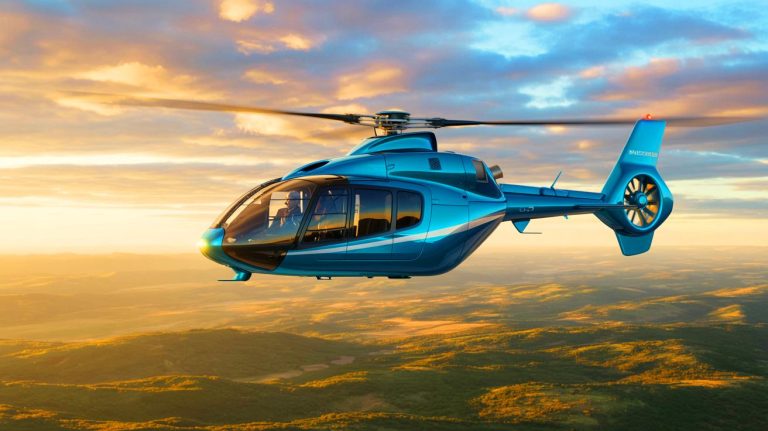| IN A NUTSHELL |
|
In a groundbreaking achievement that marks a significant leap forward in aviation technology, Unither Bioelectronics successfully conducted the first piloted flight of a hydrogen-powered helicopter. On March 27, 2025, an experimental Robinson R44 helicopter took to the skies in Bromont, Quebec, showcasing the potential of hydrogen as a viable energy source for aviation. Although the flight lasted merely three minutes and sixteen seconds, it effectively demonstrated the helicopter’s ability to hover and maneuver, paving the way for more sustainable aviation solutions.
The Successful Test of Revolutionary Technology
The core of this innovative flight lies in the advanced propulsion system used by the helicopter. This system combines two proton exchange membrane (PEM) fuel cells with a small battery pack to meet the variable energy demands of the aircraft. During the test flight, an impressive 90% of the energy required was derived directly from hydrogen, illustrating the fuel’s effectiveness and the potential for reducing aviation’s carbon footprint.
The successful validation of the PEM fuel cell technology marks a milestone in aviation history. As Unither Bioelectronics stated, the flight proved that the system could meet the high demands of a vertical takeoff and landing (VTOL) profile. This achievement is a significant step towards realizing the dream of zero-emission helicopters, aligning with global efforts to combat climate change and decrease reliance on fossil fuels.
Project Proticity: A Vision for Zero Emission Aviation
This successful flight is part of Project Proticity, a collaborative effort between Unither Bioelectronics and Robinson Helicopter, announced in 2024. The project’s goal is to develop a new generation of zero-emission helicopters capable of performing various missions. One key application of this technology is the transportation of organs, directly linking to Unither Bioelectronics’ medical activities. This initiative highlights the potential for hydrogen-powered helicopters to revolutionize both emergency medical services and commercial aviation.
Looking ahead, the project aims to incorporate a liquid hydrogen storage system into future test flights. Liquid hydrogen, being more energy-dense than its gaseous counterpart, promises to extend the helicopter’s range, thus enhancing its operational capabilities. This advancement could significantly impact the logistics of medical transport and other critical missions.
The Challenges and Opportunities of Hydrogen Aviation
While the successful test flight represents a significant achievement, it also underscores the challenges that lie ahead in the field of hydrogen aviation. The technology is still in its nascent stages and requires further development to become commercially viable. Infrastructure for hydrogen production, storage, and distribution must be established to support widespread adoption.
Despite these challenges, the opportunities presented by hydrogen aviation are vast. Hydrogen-powered aircraft offer the promise of significantly reduced greenhouse gas emissions and decreased environmental impact. As the world grapples with the urgent need for sustainable energy solutions, hydrogen aviation could play a pivotal role in transforming the industry. The successful flight of the hydrogen-powered helicopter is a testament to the potential of this technology to reshape the future of air travel.
Impacts and Future Prospects
The implications of this achievement extend beyond just the aviation industry. By demonstrating the feasibility of hydrogen as a clean energy source, Unither Bioelectronics has set a precedent that could influence other sectors as well. The success of hydrogen-powered aviation could drive innovation in energy technologies, leading to broader applications across different industries.
As we move forward, the question remains: How will the aviation industry adapt to embrace hydrogen-powered technology on a larger scale? The journey towards sustainable aviation has begun, and the flight of this hydrogen helicopter is just the first step in a long and promising path. Will hydrogen become the standard for future air travel, and how soon can we expect to see widespread adoption?
Did you like it? 4.4/5 (24)








That’s incredible! How soon do you think this tech will be available commercially? 🚁